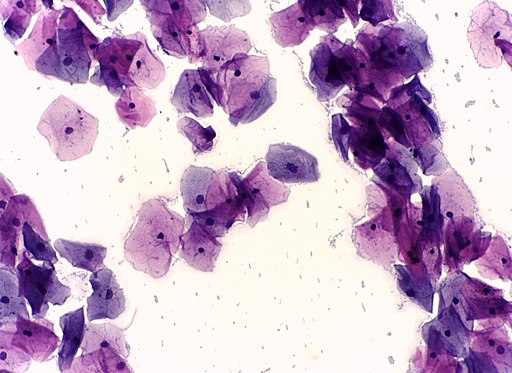Being told you have an ovarian cyst often leaves you with more questions than […]

HPV is a common viral infection that will infect most people in their lifetimes, but usually clears up without need for treatment. It is transmitted through intimate contact and is extremely common in people who have had sex before. It does not usually cause any symptoms. HPV has many strains and can be classified as “low risk HPV” and “high risk HPV”. Low risk HPV types may cause genital warts but not cancer. High risk HPV types can cause pre-cancerous changes which may eventually lead to cervical cancer if there is no intervention.
There is now a HPV vaccine available, which offers good protection against HPV.
Cervical cancer screening detects precancerous changes in the cervix and allows for early intervention to prevent invasive cancer from developing. Pap smears were previously used for this. Research has now shown that for women aged 30 years and above, a human papilloma virus (HPV) test is better than a Pap smear for screening.
A HPV test is done similar to how a Pap smear is performed. A brush is used to lightly brush the cervix and analysis is performed to check for the presence of high risk HPV. Because the HPV test is more sensitive than the traditional Pap smear, the screening interval for a negative test result is 5 years (instead of the traditional 3 years).
HPV primary testing is recommended for women 30 years and above. Women aged 25 to 29 years old should continue with routine Pap smears as HPV testing is not recommended in this age group due to a high incidence of temporary HPV infection.
Yes. As long as you have had sex before, it is recommended that you have regular cervical cancer screening.
A positive HPV test does not mean you have cervical cancer. Depending on the result, you may require a Pap smear test to check if the HPV infection has resulted in any pre-cancerous changes in the cells of the cervix. If there has not been any cell changes, you will simply require follow-up as most HPV infections (90%) will be cleared by your natural immune system over time.

Photo credit (cover image): Department of Pathology, Calicut Medical College / Wikimedia Commons
Being told you have an ovarian cyst often leaves you with more questions than […]
Chronic bloating. Lower back pain. Fatigue that lingers even after rest. These are symptoms […]
Many women live with Polycystic Ovary Syndrome (PCOS) without realising fact from fiction. This […]





Aster Gynaecology © | All Rights Reserved.